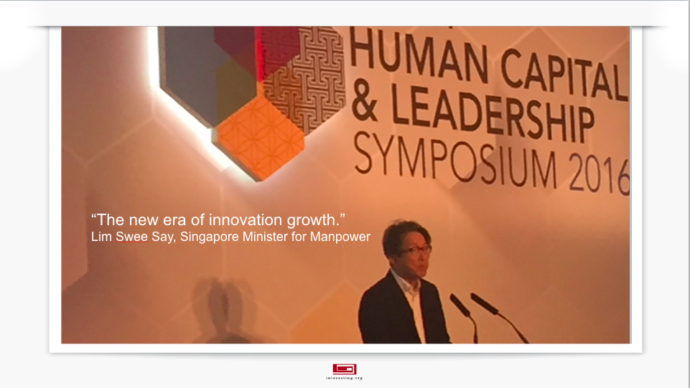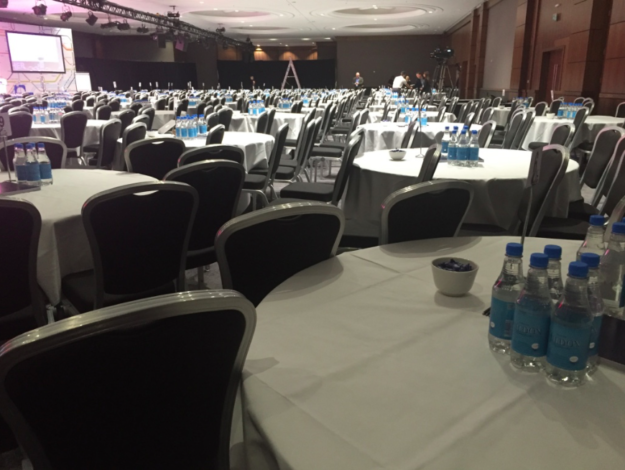
Everyone has bad days at work, including speakers.
And even if no-one will risk dying if we have a bad day (unlike if you are a surgeon or a pilot) speakers should really do everything we can do avoid having “bad days”. Our clients have not paid us to be “average” or “bad” – but to be “brilliant”. That might sound like an unfair thing to ask for time and time again, but that is the truth. (And that is why speakers are paid so well – we are expected to be great.)
Yet, still it happens. As a speaker we deliver a speech that we know was not the best we could deliver.
After doing more than 2000 speeches over the last 20+ years I have come to notice that there is a common denominator for when I do speeches which I think are “below average”.
And it is usually because I am tired, hungry or thirsty – in other words, my “machine” was not fully charged.
You might think that it would be easy to say “Well, just sleep, eat and drink more water then.” – but when you fly a lot it can be easy to skip food, drink or sleep.
So the purpose of this post is to remind me – and other speakers – of the importance of eating, sleeping – and more than anything else drinking enough before a speech.
Drinking WATER, that is. Not coffee or alcohol!
In an article I found online on Dehydration and Performance (Source:) you could read:
“For any athlete, minimizing your fluid loss to not more than 2% of your body weight is a good rule. At that 2% body loss, you’ll start to see increased fatigue, reduced endurance, the beginnings of heat illness and declining motivation. The good news is that rehydrating will reverse all these problems.
And it is really true.
As speakers we are performing, and the difference in energy, focus and motivation that comes from being properly hydrated can be startling.
I now “over-drink” on water before I speak. One to two hours before I am supposed to speak I will drink at least 1 liter and sometimes even more. (I do it a few hours before I am to be on stage so that the “excess” water can go “through the system” in time. (i.e. I need to be able to go to the toilet and pee…)
And I have noticed that this simple little “trick” has been the number one “insurance” against having a bad day at work.
Maybe the trick of drinking a lot of water is more relevant to speakers who, like me, travel a lot, but I really think it is something that all speakers can benefit from being reminded of.
Lesson: So the lesson of today is “Drink & Talk”. 😉


